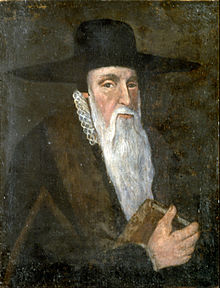More strongly than Calvin, Beza thinks when dealing with the “elect” [“electi”) [sic] of particular persons with particular names. He directs his interest toward what is going on inside them, their questioning and receiving answers, their unsettledness followed by quiet resolution and then more unsettledness in their souls, the entire process of strange ups and downs, back and forths, which constantly goes on there. -Karl Barth, The Theology of the Reformed Confessions, 121-2
This is what happens when election is thought of in “Latin” terms, in abstraction from both its objective and subjective ground in the Godman, Jesus Christ. This type of dualism, or competitive relationship with God, necessarily works from a turn to the subject mode of navel gazing on my innards as a step prior to looking to God in Christ. It results in a vicious circle of uncertainty before God; the exact opposite of what the author to the Hebrews said we should do in constantly coming boldly into the throne room of God.
